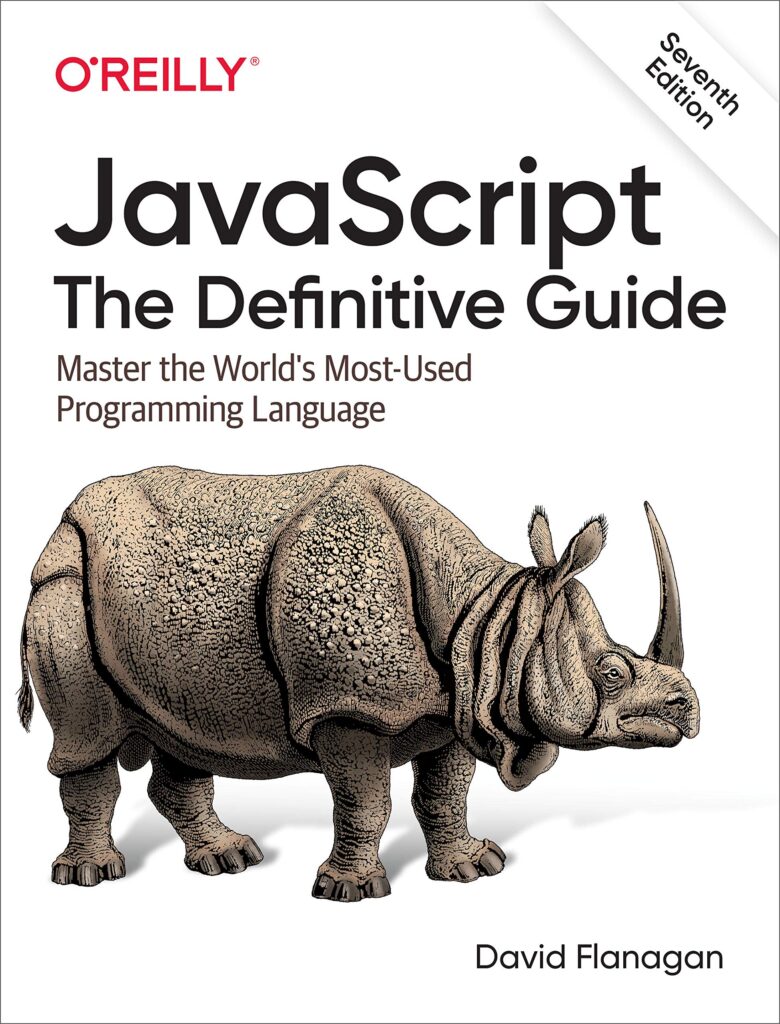As someone who’s dabbled in various programming languages over the years, I can tell you that diving into Go (or Golang as it’s affectionately called) comes with its own learning curve. The second edition of “Learning Go: An Idiomatic Approach to Real-World Go Programming” might just be the sherpa you need for that journey.
What stands out about this book is right there in the title – it’s about learning Go idiomatically. Trust me, there’s a world of difference between code that merely runs and code that feels like it belongs in the language. This book helps you write Go that actual Go developers would nod approvingly at.
At nearly 500 pages, it’s comprehensive without being overwhelming. The second edition is fresh off the press (February 2024), which means you’re getting up-to-date practices that reflect how Go is actually used in production environments today.
I’d recommend this to a few groups of people:
- Backend developers looking to add Go to their toolkit (especially if you’re in web services or cloud computing)
- Programmers coming from Python, JavaScript, or Java who want to understand Go’s distinctive approach
- Beginners with some programming background who want a language that is powerful yet intentionally limited in features
The book doesn’t just teach syntax – it guides you through the “Go way” of thinking. You’ll learn why certain patterns are preferred in Go and how to leverage the language’s strengths in concurrency, simplicity, and performance.
With its strong rating (4.7 stars from 131 reviews), it is clearly resonating with readers. If you’re serious about adding Go to your professional toolkit rather than just playing around, that is probably the book that will take you from “I can write some Go code” to “I understand how to architect Go applications the right way.”
Just be prepared to unlearn some habits from other languages – Go has strong opinions about how code should be written, and this book will help you embrace those rather than fight against them.





